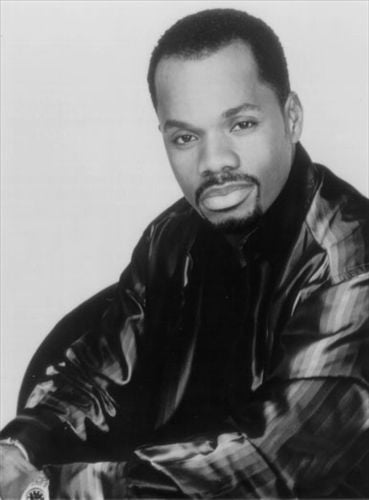A Snippet Into My Favorite Gospel Artist(s):
My personal favorite, Kirk Franklin's first single released as a solo artist was the infamous song, Lean On Me(1998)
But let's take a journey back to how Black Gospel artists today could even have the platform they have today.
Gospel and Its Beginnings
Gospel started its origins among Black slaves who sought to express their joy, pain, sorrow, or angst. To the left, the first recorded Black Gospel song is featured. Here the Fisk Jubilee Singers sang “Swing Low, Sweet Chariot” in 1872. In the middle, we have the Gospel icon of the 60’s, Mahalia Jackson, with another version of this song. A more contemporary version is featured to the far right to show the legacy of slave songs and Gospel renditions even in today’s times.
A Change Has Come
With the influx of folk, rhythm and blues, soul, funk, hip-hop, pop, and now country, Gospel has changed- or rather adapted to its audience. Despite this new change in sound and feel, the continuity of Gospel quartets and groups has proved relevant.
How Did These Groups Unify Black Communities?
These Gospel groups broke the barriers of traditional gospel. Songs like Revolution, Shekinah Glory Ministry, Melodies From Heaven, and Love Theory united people of all ages in the Black community. Many of these songs feature funky beats, drums, and even pop inspired beats that speak to broad audiences and truly represent the traditions and modalities of gospel.
Implications of Gospel ? Will this genre continue to change?
Gospel music will continue to evolve and incorporate new styles and sounds. It will become more diverse and inclusive, and possibly(which may be a scare to the older generations) very similar to pop artists and mainstream music. With growing movements of new genres of gospel, like gospel rap, the message of hope, love, forgiveness, and redemption, will remain timeless, however its delivery will definitely be seen in various ways and narration.


